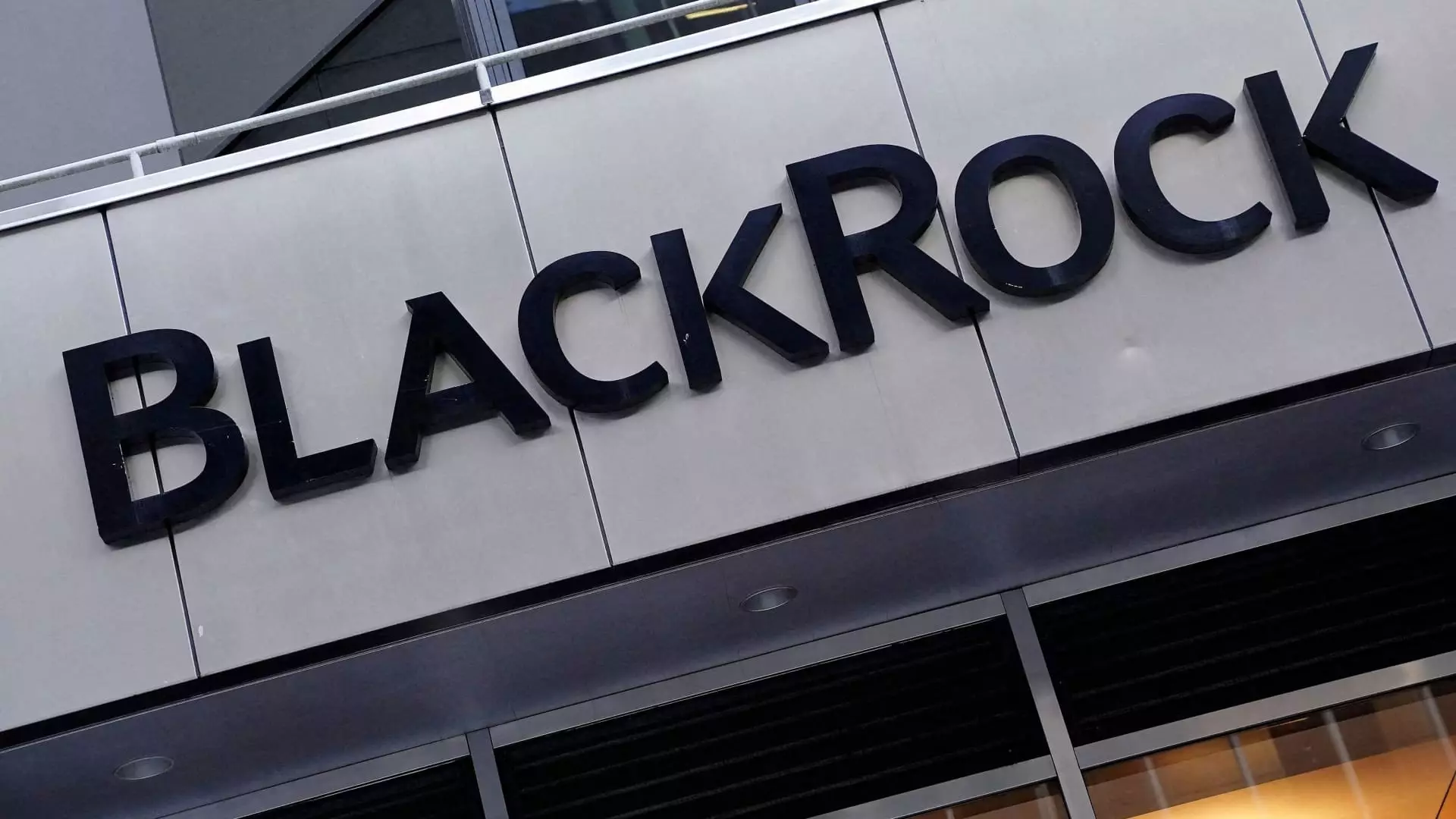BlackRock, renowned for its prowess in investment management, is venturing further into the decentralized finance (DeFi) landscape through the expansion of its tokenized money market fund, the USD Institutional Digital Liquidity Fund, commonly referred to as BUIDL. This innovative move signals an intriguing intersection of traditional finance and blockchain technology. By broadening the fund’s availability to multiple blockchains including Aptos, Arbitrum, Avalanche, OP Mainnet, and Polygon, BlackRock is embracing the potential advantages of digital asset infrastructure.
The strategic decision to integrate multiple blockchains into the BUIDL fund creates a multi-faceted investment opportunity. Initially launched on Ethereum, the fund’s expansion reflects an acute awareness of the diverse ecosystems within the blockchain space. Each of these platforms offers unique advantages—be it scalability, speed, or operational costs. By utilizing these various layers, BlackRock can attract a wider array of investors who are drawn to different aspects of the blockchain world.
Tokenization of traditional financial assets has become a popular topic among investors and institutions looking for ways to tap into the benefits of blockchain technology while mitigating risks associated with cryptocurrencies. BlackRock’s approach illustrates the growing acceptance of crypto-natives seeking traditional finance exposures. The dichotomy highlighted by Robert Mitchnick, the head of digital assets at BlackRock, underlines a significant trend: the blending of classic financial structures with innovative digital models. It represents a conceptual shift in how financial products can be conceptualized and delivered.
Market Implications Post-Election
The timing of the announcement plays a crucial role in its market impact. Following Donald Trump’s electoral success, there was a notable rally in cryptocurrencies, with Polygon’s token experiencing a remarkable 28% increase. This reaction signifies the excitement and optimism surrounding potential legislative changes that could create a more favorable regulatory environment for cryptocurrencies and related industries. Trump’s campaign promises regarding crypto regulation contrasted sharply with the previous administration, creating a speculative atmosphere ripe for investment.
The expansion of BlackRock’s BUIDL fund comes at a time when the DeFi sector faces intense scrutiny from regulatory bodies like the U.S. Securities and Exchange Commission (SEC). This tension creates a double-edged sword for investors: while the potential for profits exists, the uncertainty surrounding regulatory frameworks can stifle innovation and instigate market volatility. Despite this, institutions appear to be leaning towards embracing blockchain technology, albeit cautiously, as they navigate the complex landscape of compliance and growth potential.
As BlackRock continues to pioneer developments in tokenized funds with BUIDL, the financial industry is witnessing a pivotal moment. The fusion of traditional finance assets with the rapidly evolving world of blockchain could lead to a new paradigm in how investments are structured and executed. The anticipated convergence of old and new financial systems could herald an era of unprecedented innovation, enhancing liquidity and accessibility for a broader range of investors. However, achieving this vision will depend on navigating regulatory hurdles and fostering growth in a still-maturing technological landscape. In this context, BlackRock’s initiatives may serve as a bellwether for the future of finance.

